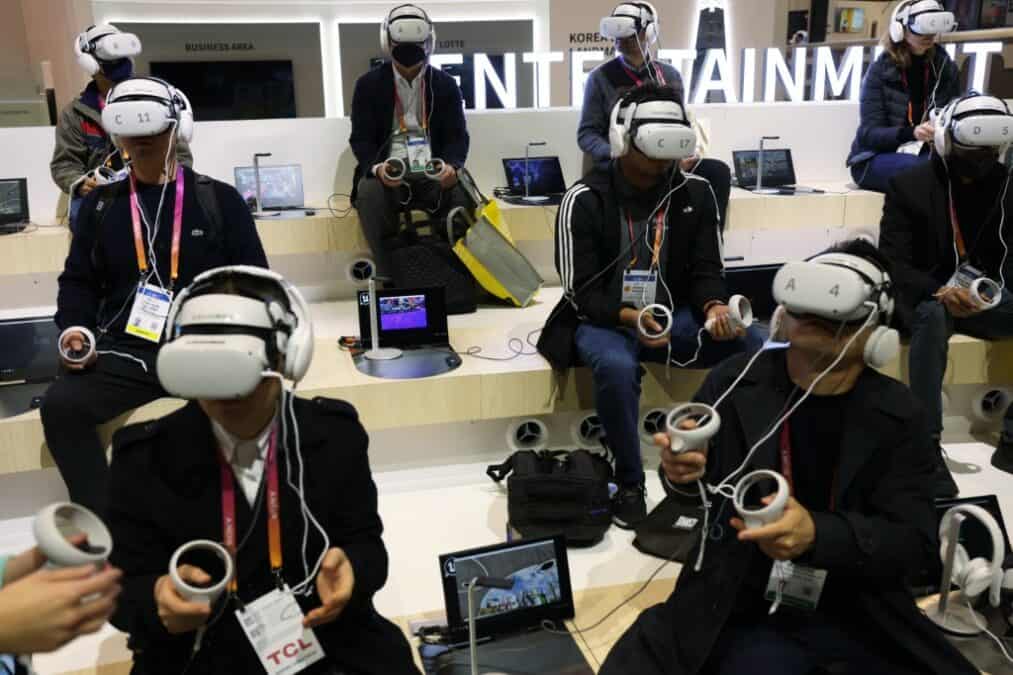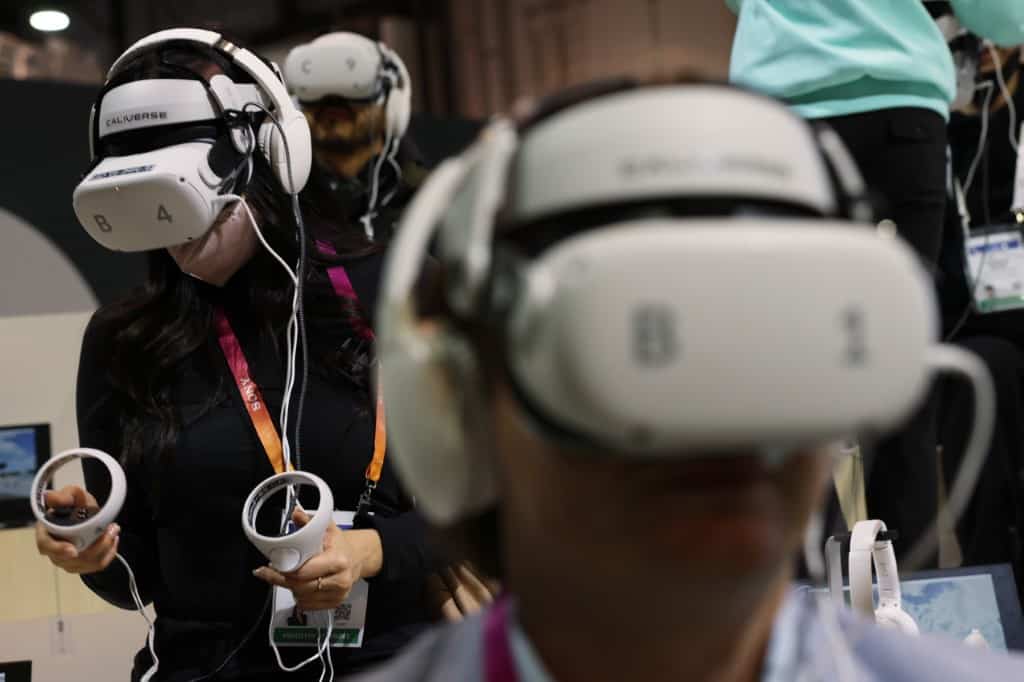DUBAI, UAE — The GCC region, which is still in the early stages of cryptocurrency and metaverse adoption, needs to work on seven key areas to unlock the full potential of the latest technologies, said an expert.
“The region should the follow jurisdictions like Switzerland and the European Union in establishing regulatory clarity,” Tibor Mérey, Managing Director & Partner at BCG, told TRENDS while highlighting data privacy, security, and consent management; safety and integrity; equity and inclusion; accessibility and affordability; market competition; protection of virtual asset ownership; and decentralization as the key concerns.
According to a new study by BCG, the metaverse market could be worth $250 billion to $400 billion by 2025. With the UAE leading the way, GCC countries are beginning to recognize the potential of this virtual world.
The UAE is fostering its Metaverse ecosystem rapidly, with Dubai Metaverse Strategy aiming to turn the city into one of the world’s top 10 metaverse economies. This move is expected to create opportunities for businesses, entrepreneurs, and workers in the region, the report said.
However, there are still challenges to overcome. Some traditional investors in the region prefer tangible assets over virtual ones, and gaps in connectivity costs must be addressed.
The emergence of cryptocurrencies and blockchain technology has significantly aided the development of the metaverse, but concerns about instability and the absence of strong regulations in the MENAT region persist.
The BCG study highlighted that most of the metaverse market will be in the virtual asset economy, which is expected to grow from $90 billion in 2021 to $150-300 billion in 2025.

The remaining market will be made up of products and services related to VR/AR/MR ($47 billion), cloud ($28 billion), and networks ($19 billion).
“The Metaverse is a platform for creating, managing, and distributing digital identities and virtual objects that exist in a shared space,” said Mérey.
The intriguing aspect, according to him, is that immersive Metaverse technologies will further remove physical boundaries between people’s presence and their physical locations.
“As a result, the potential implications of these technologies are vast and far-reaching. The Metaverse’s capabilities are only beginning to be explored, from virtually visiting remote locations to eliminating distance barriers in learning, working, or engaging in social activities. Doctors from other countries, for example, can collaborate with those physically present in MENAT/UAE countries using extended reality. This has the potential to revolutionize healthcare, education, and many other areas, opening up opportunities for global collaboration,” he added.
According to the report, using dynamic digital twins, the Metaverse will power immersive virtual cities by enhancing the real-world city with extended reality and optimizing end-to-end business processes across industries.
According to Tibor, while opinions on the players’ success may differ, it is clear that the next stage of the internet’s development is just around the corner.
“Many use cases are already reaching a tipping point where the value-add of metaverse technologies outweighs the challenges, even though many still exist. These include infrastructure, user base adoption, affordability, current technology, content creation, and a functioning economy. Outside gaming and entertainment, early examples include training, collaborative digital twining, customer engagement, and identity management. We expect the number of use cases to grow exponentially over the next few years as technology improves rapidly,” he said.
KSA, UAE lead the region
“We believe that these technologies present a clear opportunity for KSA and UAE to enable and accelerate non-oil use cases in the region and potentially position themselves as hubs in the region and beyond. Businesses and entrepreneurs are already beginning to develop innovative solutions for the metaverse, creating various opportunities for regional stakeholders. In addition, we have observed an increasing number of entrepreneurs and businesses looking to leverage the potential of the metaverse,” he added.
The report, on the other hand, highlighted that although the country is a leader in readiness for metaverse adoption across all key enablers, some gaps still need to be addressed, mainly the cost of connectivity.
“Technology is critical but is just one piece of this broader ecosystem required to unlock the metaverse. It will fall under key pillars: reliable and accessible infrastructure, cheaper and better technology, user base adoption, content creation, a functioning economy, and foundational to all, regulation.”







